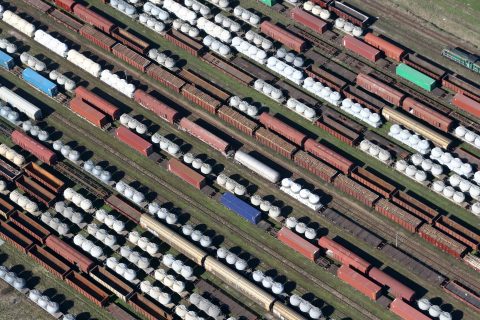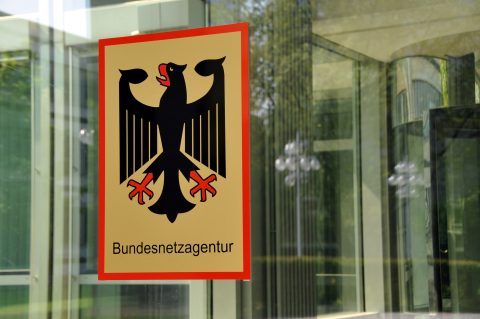‘Europe: act upon those priority lanes for freight’

The European Commission is urging member states to implement green lanes for land (road and rail), sea and air transport in the wake of the coronavirus crisis. Freights transport should get priority at all the relevant internal border-crossing points of the trans-European transport network (TEN-T) and going through these “green lane” border crossings should not take longer than 15 minutes. Tis was announced by the European Commission on Monday 23 March.
The implementation should come in addition to the Guidelines for border management measures to protect health and ensure the availability of goods and essential services1 adopted by the European Commission on 16 March 2020. These guidelines stressed that all EU internal borders should stay open to freight and that the supply chains for essential products must be guaranteed.
However, at some border points long traffic jams were reported, and in some cases even quarantaine measures of drivers. For example, Croatian border police continued to issue self-isolation measures for locomotive drivers after take over at the border, according to sources in the region.
Act immediately
“Member States should act immediately to temporarily suspend all types of road access restrictions in place in their territory (week-end bans, night bans, sectoral bans, etc.) for road freight transport and for the necessary free movement of transport workers.
“Transport workers, irrespective of their nationality and place of residence, should be allowed to cross internal borders. Restrictions such as travel restrictions and mandatory quarantine of transport workers, should be waived, without prejudice for competent authorities to take proportionate and specifically adapted measures to minimise the risk of contagion”, the communication on the implementation reads.
Essential
The European Rail Freight Association (ERFA) welcomes the Commission Communication on the implementation of the Green Lanes. “ERFA believes it is essential that the Green lanes concept is now adopted by Member States and built upon by ensuring that critical infrastructure remains accessible 24/7 and that there is strong cooperation between Member States and national authorities on rail capacity management.
“Unobstructed transport of goods is crucial to maintain availability of goods. For rail freight, this means that the Green Lanes and the entirety of the TEN-T Core Network must continue to be accessible 24/7 as well as there being a strong level of capacity management coordination between Member States. If any single Member States diverts from this 24/7 commitment, it will subsequently mean a Green Lane cannot operate on a 24/7 basis and the transport of goods will be obstructed.”
Capacity allocation
Dirk Stahl, ERFA President, said: “For rail freight to offer a solution to shippers and retailers moving freight internationally, we need predictable and coordinated capacity management. We strongly welcome the good work done by infrastructure managers to date to address these needs. We now need a strong commitment that Green Lanes will continue to operate around the clock and that any capacity reductions will be done in a coordinated manner and in consultation with rail freight undertakings.”
Conor Feighan, ERFA Secretary General, stated: “The Commission Communication on Green Lanes has provided important clarifications to the Guidelines for Border Management Measures to Protect Health and Ensure the Availability of Goods and Essential Services, particularly in regards to cross border movement of transport workers. The rail freight industry now needs a firm commitment that the spirit of the European Commission’s Communication and Guidelines will be adopted by national authorities.”
You just read one of our premium articles free of charge
Want full access? Take advantage of our exclusive offer





